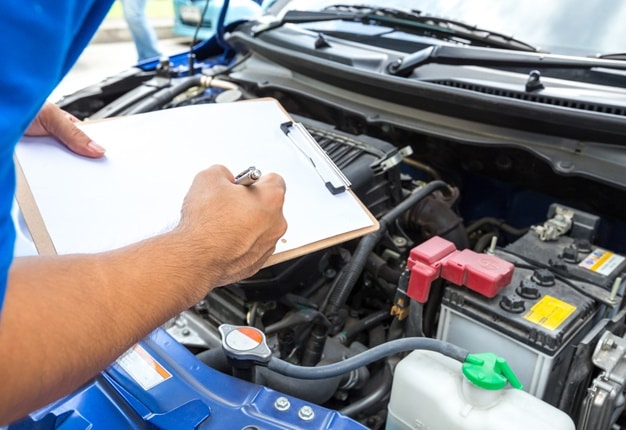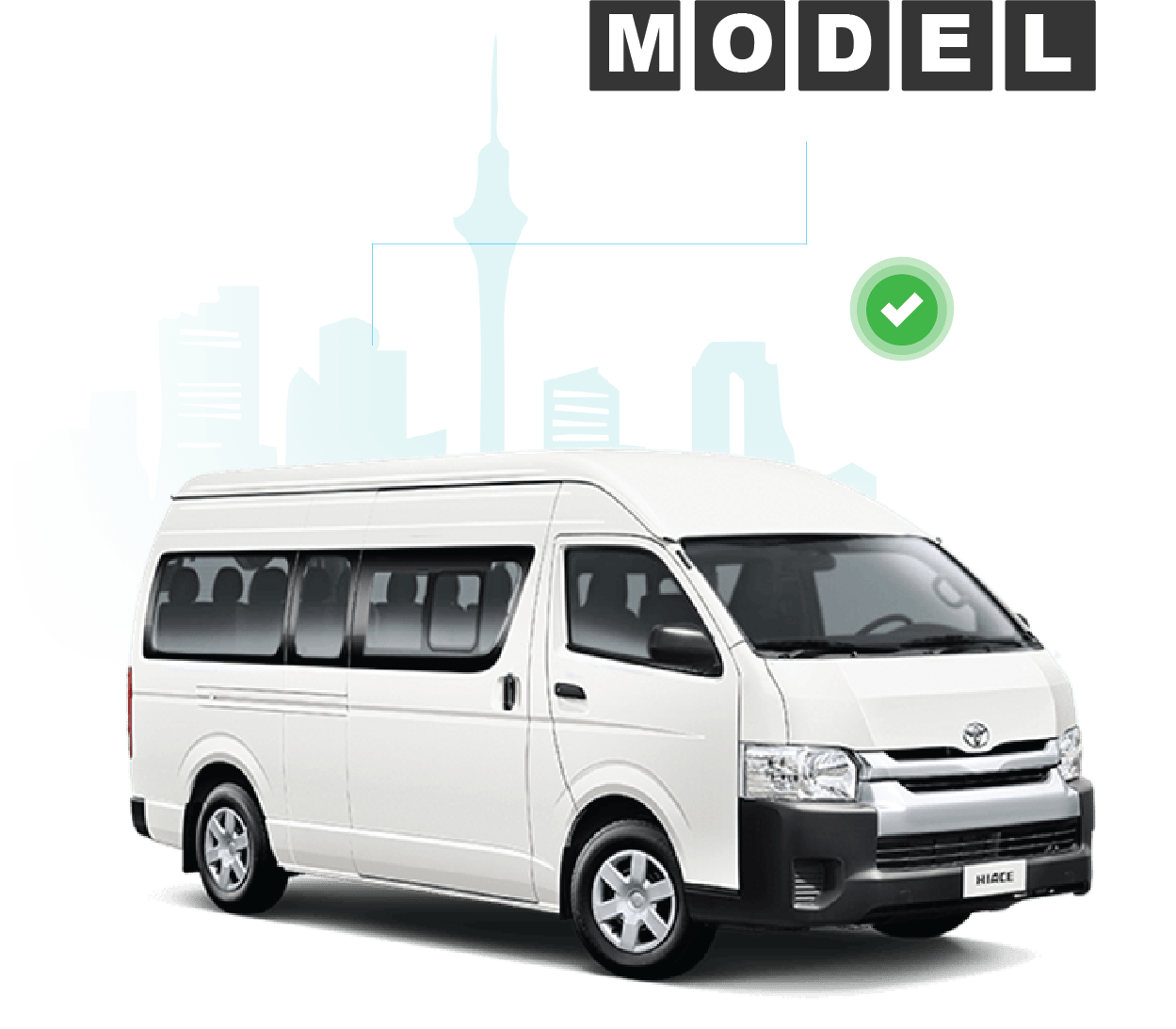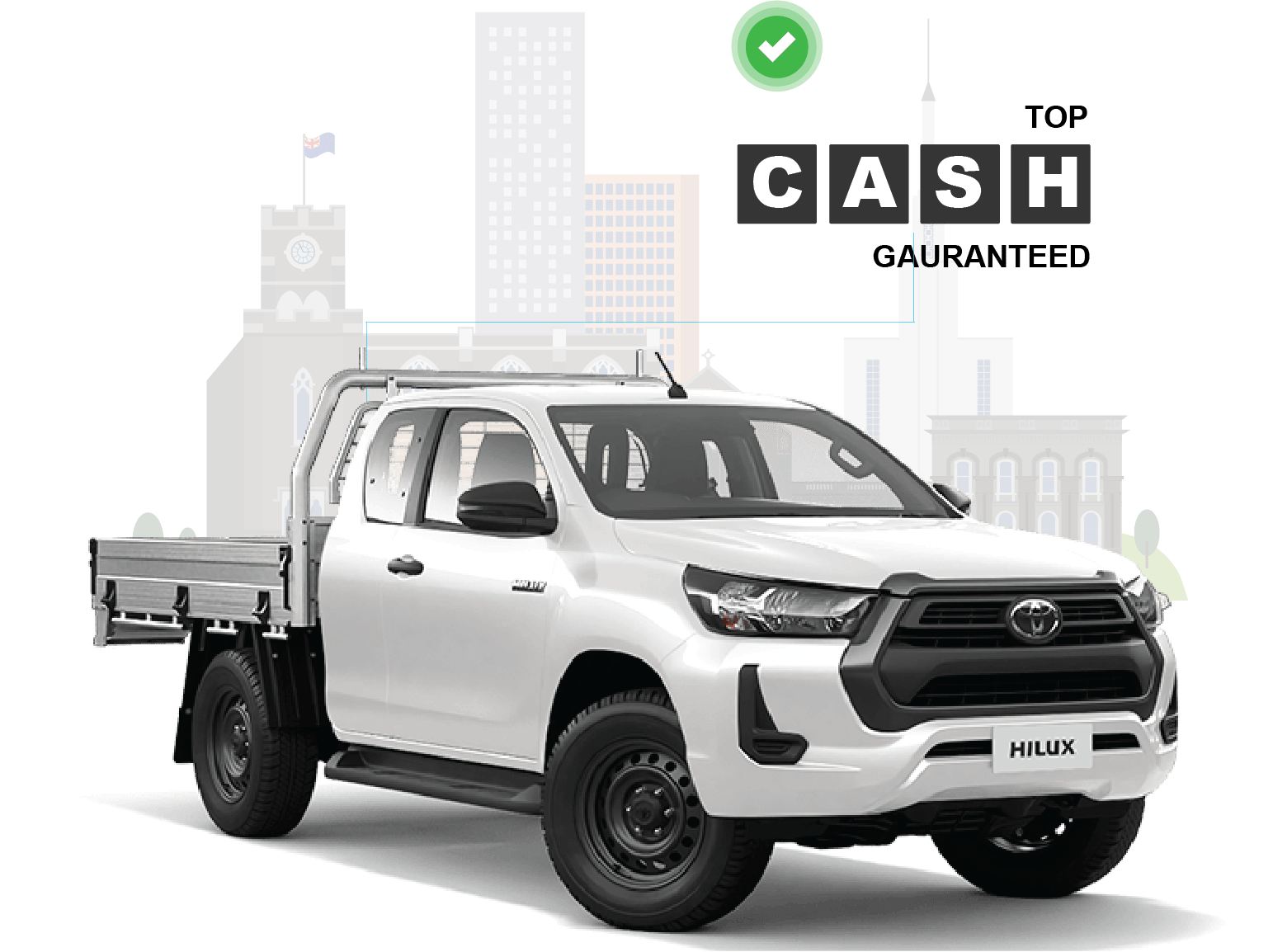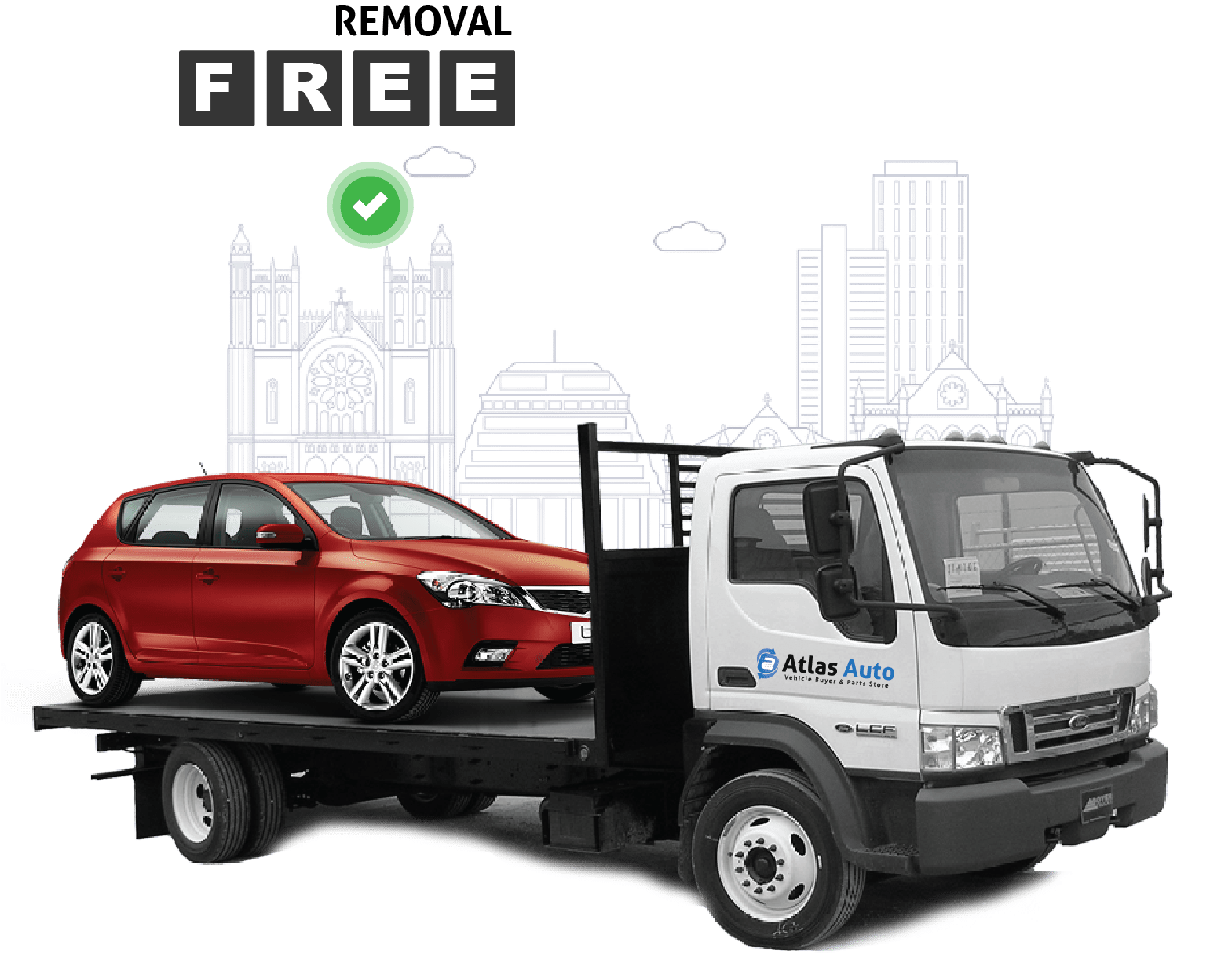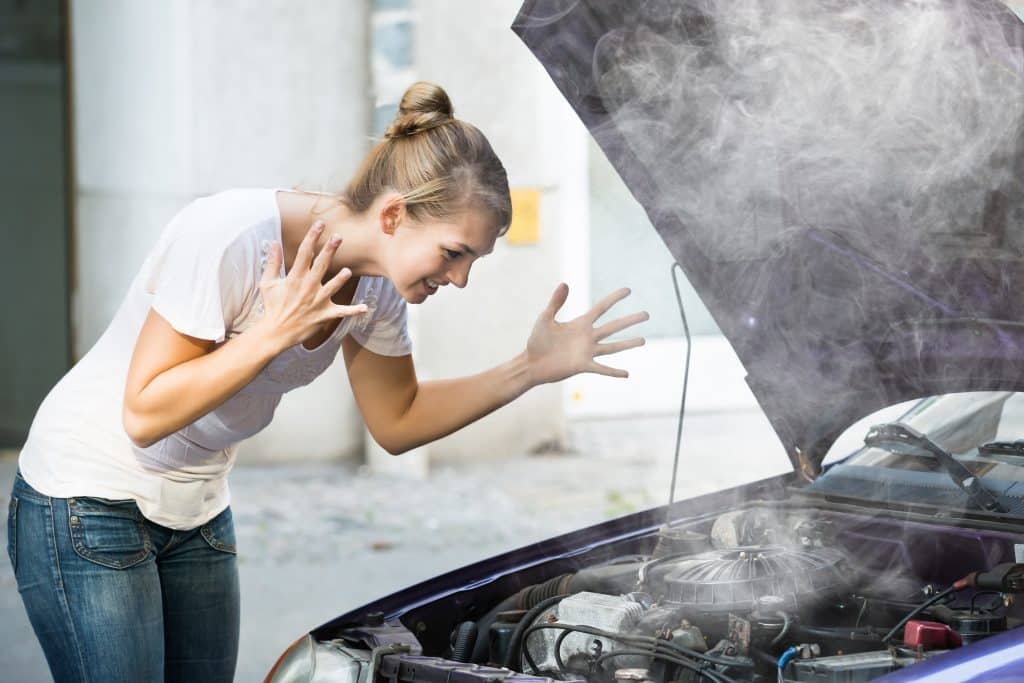Automobiles have been around for well over a century now and the industry’s growth is showing no signs of slowing down.
In the early days we had petrol and diesel cars, and now, due to the effects of global warming, there is a fresh influx of hybrid and electric vehicles in the market.
In short, there are so many different types of vehicles nowadays that it is difficult for the layman, or a non-car enthusiast, to distinguish between them.
If you are one of those people, you’ve landed at the perfect spot. In this article, we’ll go in length about the differences between petrol, diesel, hybrid, and electric vehicles. We will also discuss their pros and cons, while mentioning their desirability in the market.
So, without further ado, let’s get right into it!
Petrol Cars
A petrol car, as its name suggests, has an engine that uses petrol or gasoline as fuel.
When you start a petrol car, the engine sucks in fuel from the tank and air from the air intake to a create a highly combustible mixture. This concoction, which is also highly volatile, sits in the combustion chamber of the engine awaiting a spark. In that moment, the spark plugs inside the engine produce a spark that ignites the fuel, causing the pistons to move and the engine comes to life. Its a highly controlled procedure in modern cars.
Why is it important to explain the workings of a petrol engine, well that’s because the main difference between the different cars comes down to their power source.
Therefore, it is necessary for you to understand how they work, so you can identify which car is which.
| PROS | CONS |
| Petrol vehicles are cheaper as they are the most commonly available | Less fuel-efficient than hybrid, or electric cars |
| The fuel is same as diesel (if we add RUC) | Can be harmful to the environment |
| Engines that run on petrol tend to be quieter | Higher maintenance costs |
| They are easy to repair and service | |
| They pack enough of horsepower |
Resell Value
When it comes to the resale value of petrol cars these vehicles sell like hot cakes.
Since they are the most commonly found on roads, parts are easily available and there are plenty of buyers waiting to pounce on the opportunity to buy a good-condition petrol car.
Moreover, if your vehicle has done its time and nearing the end of its life, chances are you can get a good deal for it at one of the car wreckers in town. In other words, a petrol car is the safest option, especially if you are a first-time car owner.
Diesel Cars
There aren’t many differences between petrol and diesel cars. But the things that are different can have a major effect on how the cars run.
So, to put it in a nutshell, diesel cars use the same concept of the air and fuel mixture igniting to produce energy. But there are two differences here that must be taken into account.
First is that the fuel is no longer petrol, but diesel. Secondly, there are no spark plugs to ignite the A/F mixture. Instead, the combustion chamber inside the diesel engine compresses air, which becomes hot. When this hot compressed air comes in contact with the A/F mixture, it ignites and energy is produced to push the pistons.
No spark plugs means the engine has less changeable parts and is not required to be serviced very frequently.
| PROS | CONS |
| Diesel engines are fuel-efficient | Slower top speed and lower RPM |
| They produce high amounts of torque | Diesel cars produce more noise pollution |
| Cheaper by the sounds of it (but not really if RUC is added) | Costly to maintain and service |
| Diesel cars last longer than their petrol counterparts | Produce harmful emissions |
| You can tow more weight without your car breaking a sweat |
Resell Value
It is no secret that the demand for diesel cars is on a steep decline.
As efforts to tackle global warming have picked up pace, the production and sale of diesel cars has reduced. The future is not looking good either, with bans being placed on diesel cars in most countries.
So, you are better off not buying one and selling your existing one before it gets late. If nobody is buying, try car wreckers as we’ll take almost every vehicle and pay instant cash.
Hybrid Cars
Hybrid cars are basically petrol or diesel cars whose engine is coupled with an electric motor. The two systems work in tandem with each other to produce motion. The hybrid system usually works in the lower speeds and shifts to the engine once a sufficient RPM is achieved.
| Pros | Cons |
| Highly fuel-efficient | More expensive than other variants |
| Not completely dependent on charging stations | Higher repair costs |
| Lower emissions | High cost to replace battery |
| Higher driving range |
Resell Value
Nowadays, with the EV revolution in full swing, hybrids are in high demand. So, it is safe to say that you’ll get plenty of buyers for your vehicle when you decide to put it on the market. The same is true if you decide to sell your vehicle to a car wrecker.
Electric Cars
Electric cars don’t have an engine. They run on electric motors that are provided power through batteries. Its a simple concept but it is becoming so increasingly popular that in the near future EVs will outnumber conventional vehicles.
| Pros | Cons |
| Require no fuel | Electric vehicles are currently expensive |
| Very little maintenance required | High battery replacement cost |
| Environment-friendly | Driver is limited by battery range |
| Can provide good performance | Long battery charging times |
| Lack of charging infrastructure |
Resell Value
Electric cars are on the rise but there is a lot of speculation among the buyers. Mostly, cars of known brands like Tesla and Porsche are being considered, while others are being avoided. But at car wreckers, you’ll find no issue selling your electric vehicle.

